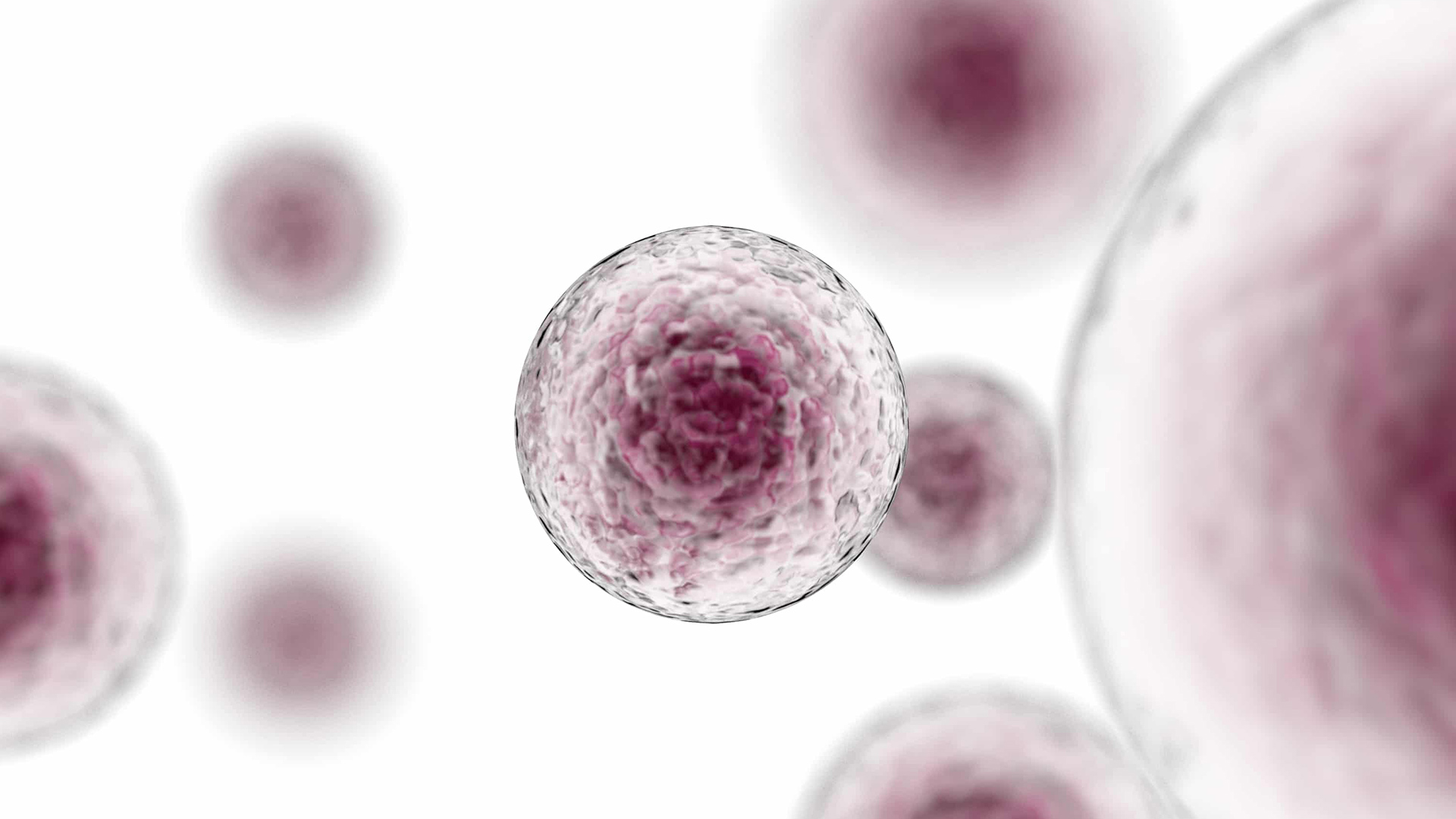
Stem cells from umbilical cord blood have been successfully used to cure blood diseases and some forms of cancer since 1988.
Currently, great emphasis is placed on scientific research in the field of stem cells. With the evolution of biomedical science and technology in recent years, it is already possible to use stem cells to cure many diseases through their application in regenerative medicine. The development of gene therapy, cell proliferation and stem cell differentiation methods pave the way for many therapeutic applications, which are in the experimental study phase.
STEM CELLS
Below are mentioned some of the diseases for which hematopoietic stem cell transplants (autologous and allogeneic) have been used therapeutically, as well as the diseases for which clinical research is being done.
Acute leukemias
Acute myeloid leukemia (AML)
Acute lymphoblastic leukemia (ALL)
Biphenotypic acute leukemia
Myelodysplastic syndromes
Myelomonocytic leukemia
Refractory anemia
Phagocytic diseases
Chronic granulomatosis
Neutrophil Actin Deficiency
Other ailments
Ewing's sarcoma
Neuroblastoma
Diabetes
Multiple sclerosis
Muscular dystrophy
Ischemic encephalopathy up to the age of 2 years
Chronic leukemias
Chronic myeloid leukemia (LMC)
Chronic lymphocytic leukemia (CLL)
Chronic juvenile myeloid leukemia (JCML)
Chronic juvenile myelomonocytic leukemia (JMML)
Congenital diseases of the immune system
Absence of Τ or Β lymphocytes
Absence of T lymphocytes only
Ataxia telangiectasia
Adhesion deficiency of leukocytes
Severe combined immunodeficiency
Χ linked lymphoproliferation alteration
Regeneration after myocardial infarction
Monoclonal gammopathy
Multiple myeloma
Leukemia with plasma cells
Macroglobulinemia
Waldenstrom
Lymphoproliferative syndromes
Hodgkin's diseas
Non-Hodgkin's lymphoma
Burkitt's lymphoma
Other stem cell diseases
Aplastic anemia
Congenital cytopenia
Dyskeratosis congenital
Fanconi anemia
Paroxysmal nocturnal hemoglobinuria
STAGE OF CLINICAL EXPERIMENTS
- Liver cirrhosis
- Heart diseases (myocardial infarction, myocarditis, heart failure)
- Diabetes mellitus type Ι (or juvenile, hereditary, insulin-dependent)
- Disseminated lupus erythematosus (LED)
- Sclerosis
- Different hereditary metabolic diseases
(Cerebral palsy)
EXPERIMENTAL STAGE
- Alzheimer’s disease
- Parkinson’s disease
- Huntington’s disease
- Rheumatoid polyarthritis
- Recovery after stroke
- Spinal cord regeneration after injury
- Pancreatic cancer
- Testicular cancer
- Small cell lung cancer
- Ovarian cancer
- Spinal injuries
- Regeneration of tissues or organs: bones, cartilage, tendons, heart valves, parts of the skin, etc.
The detailed list of diseases with the prospect of stem cell cure is continuously growing.
Diseases or situations that require tissue regeneration are possible candidates for such therapy.

